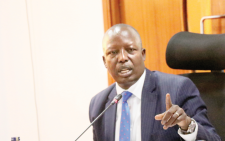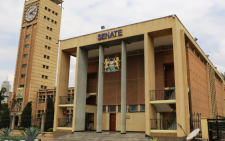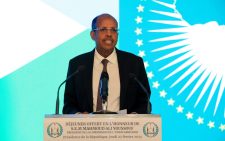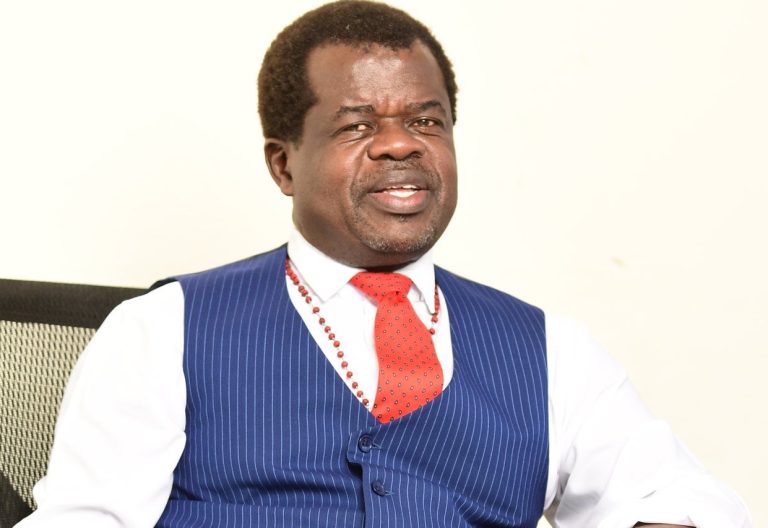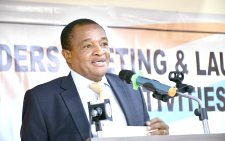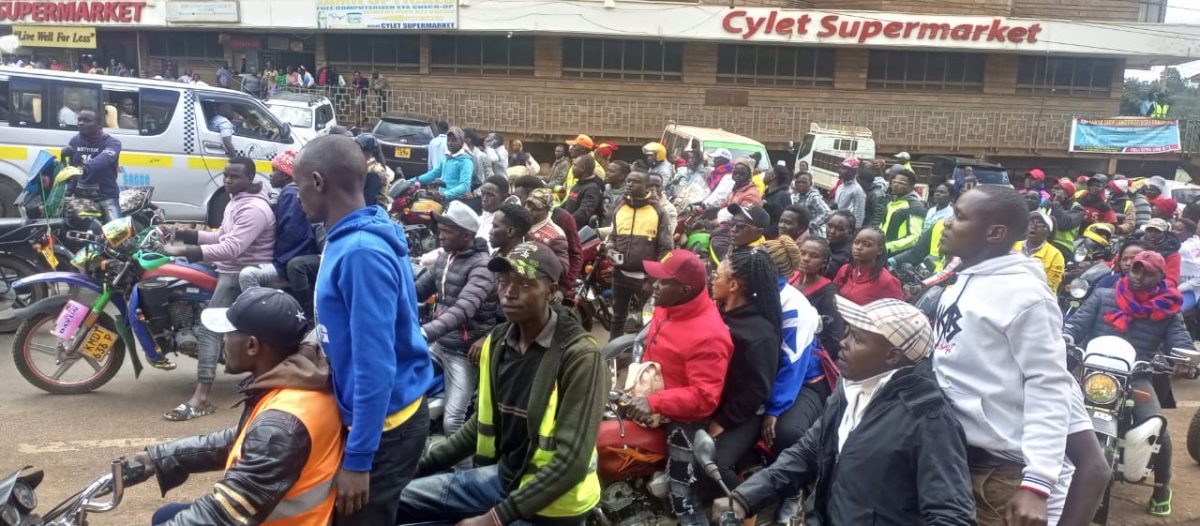Experts warn of loopholes in budget policy statement
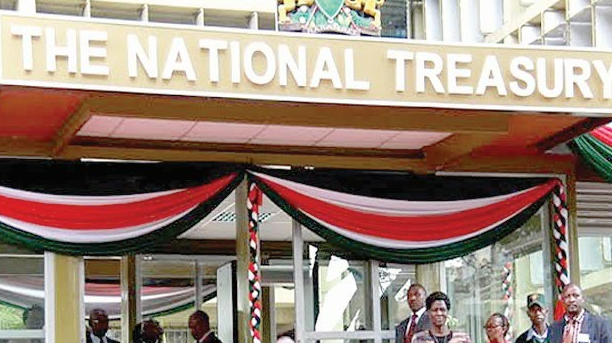
The budget policy statement (BPS) currently in Parliament which shows Kenya Kwanza’s bullish approach to tax collection is already raising eyebrows among some experts.
The statement aligns with President William Ruto’s pledge to increase revenue collection to Sh6 trillion over four years through tax reform measures. As a result, the taxman is expected to generate Sh2.9 trillion from ordinary revenue, says the BPS.
A projected increase in Kenya’s taxation by Sh324 billion will primarily impact the 19.2 million workforce in both formal and informal sectors, who will bear the brunt of this growing demand for tax revenue. To fund the government’s ambitious Sh3.4 trillion budget, several tax measures had been proposed.
These included the reintroduction of minimum tax, the introduction of withholding tax on goods supplied to the government, and the application of Value Added Tax (VAT) on education and insurance services.
Single duty rate
Other proposals involve a review of the tax regime on alcoholic beverages to base taxation on alcoholic content, and a request to other East African Community (EAC) partner states to review the structure of the EAC Common External Tariff (CET) to establish a single duty rate.
The government has also proposed taxing agricultural produce, the informal sector, and implementing a motor vehicle circulation tax. However, Ndiritu Muriithi, former Laikipia governor pointed out that the BPS presented to parliament lacks some of these tax measures, raising questions about the source of the projected Sh324 billion. “It is a bit outrageous.
These measures have been removed out of the version (presented to Parliament). This Sh324 billion, where will it come from,” Nderitu asked. He voiced his concerns at an Editor’s Guild Forum organised by the National Democratic Institute (NDI).
The National Treasury released a public notice inviting feedback on the draft 2024 BPS for the mid-term expenditure framework for 2024/25 and 2026/27.
Minimal discussion
Despite this call, there has been minimal discussion on the topic. The BPS is prepared in accordance with the Public Finance Management Act, 2012.
According to NDI Country Director Dennis Omondi, the BPS aims to enhance public understanding of Kenya’s Public Finances and facilitate informed public debate on economic and development issues. The Kenya Kwanza administration plans to double the taxation from the current Sh2.36 trillion in the 2022/23 financial year to Sh4.98 trillion in the financial year 2027/28.
This amount includes Sh4.31 trillion from direct taxes, with the remaining Sh673 billion coming from payment of services directly to the government.
According to Muriithi, this will increase Kenya’s debt stock by Sh3.94 trillion or about 40 per cent. Kenya’s debt stock as of December 2023 stood at Sh11 trillion, a figure that overshadows the Sh10.13 trillion projected for June 2024, indicating a faster-than-anticipated accumulation of public debt and borrowing.
Out of the amount, external borrowing accounts for Sh6 trillion while domestic debt is at Sh5 trillion.
Kenya’s debt service cost is set to exceed Sh1 trillion, with daily debt servicing costs averaging Sh3.26 billion.
The debt service burden, previously at Sh945.081 billion or 49.2 per cent of revenue, is projected to rise to Sh2.1 trillion or 64.9 per cent of revenue by 2025/26.

